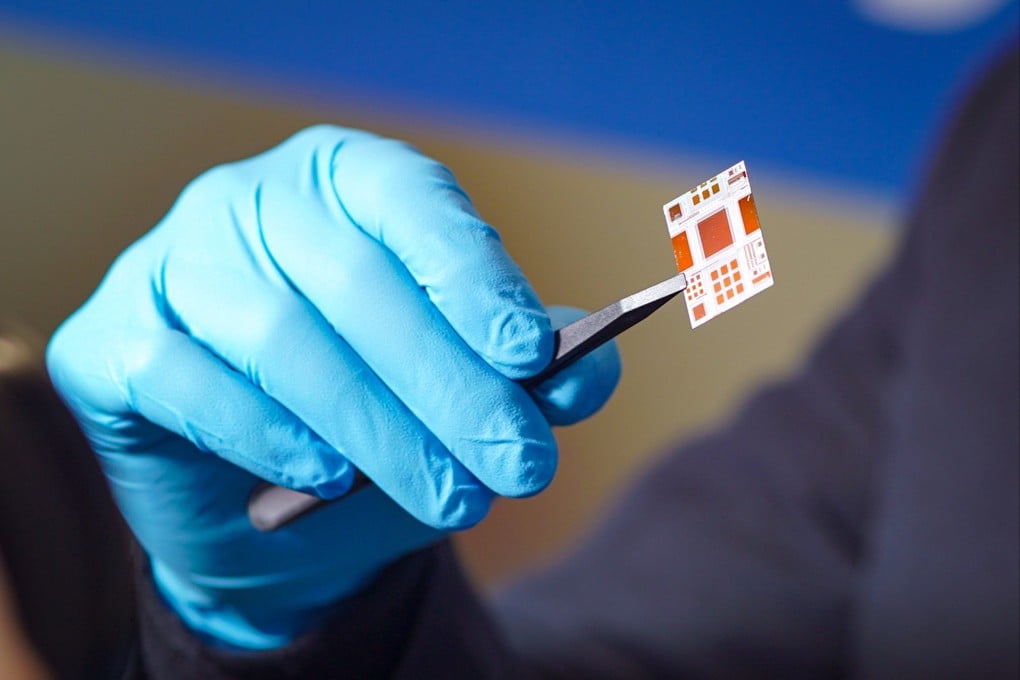Hong Kong researchers seek key to advanced AI chip within original model – the human brain
- Team aims to develop advanced AI capable of lifelong learning and performance of tasks, feats at which the human brain excels
- Scientist leading quest says answer could lie in the memristor, an emerging memory device that mimics the brain’s storage and processing function

The advanced AI they seek to develop would be capable of lifelong learning and performance of tasks – feats at which the human brain excels. The key is devising more efficient and powerful hardware than any currently available, a researcher working on the next-generation systems said.
Li Can, assistant professor at the University of Hong Kong’s Department of Electrical and Electronic Engineering, is leading a team to create AI circuits and systems based on how the human brain works.
“Our brain can tolerate defects, meaning it could work despite the presence of dead cells. This is fundamentally different from computers that cannot work with a malfunctioning transistor,” Li said, referring to the primary building block of microchips, including the central processing unit (CPU).
“We can learn from experience, unlike computers and powerful AI. [A chatbot like] ChatGPT might tell you that it does not know about the latest news because of its knowledge cut-off at a certain time. Humans are also able to reason based on vague information, while computers require clear instructions.”
But there is an area where computers have an edge. “Computers are more suitable for performing scientific calculations and repetitive operations as well as deriving values from certain patterns than the human brain,” Li, who has been working in the field for more than a decade, said.